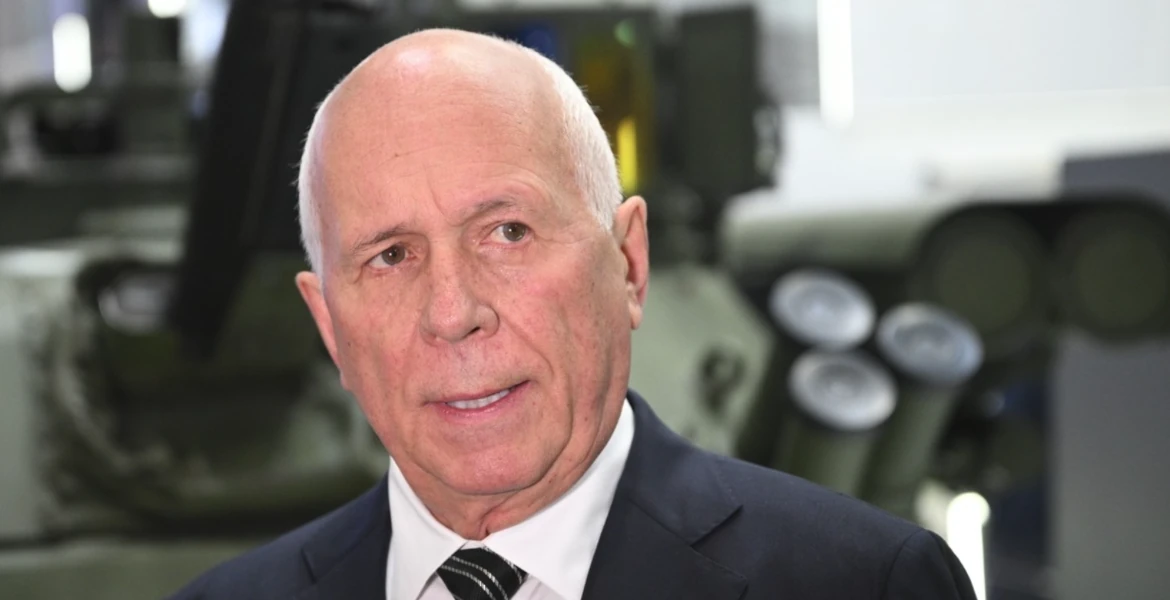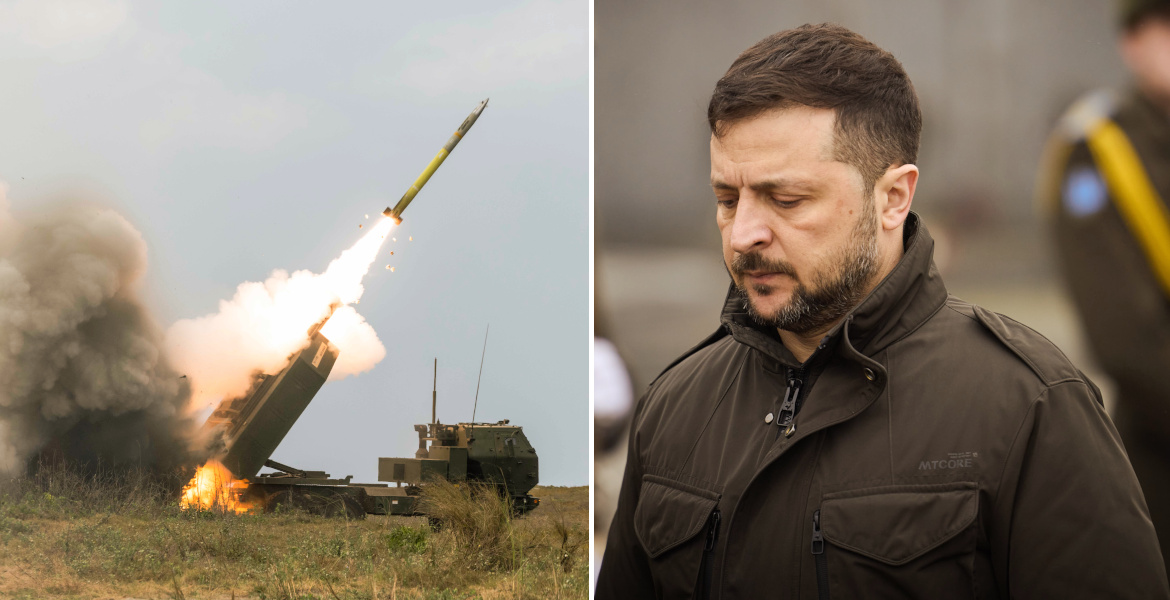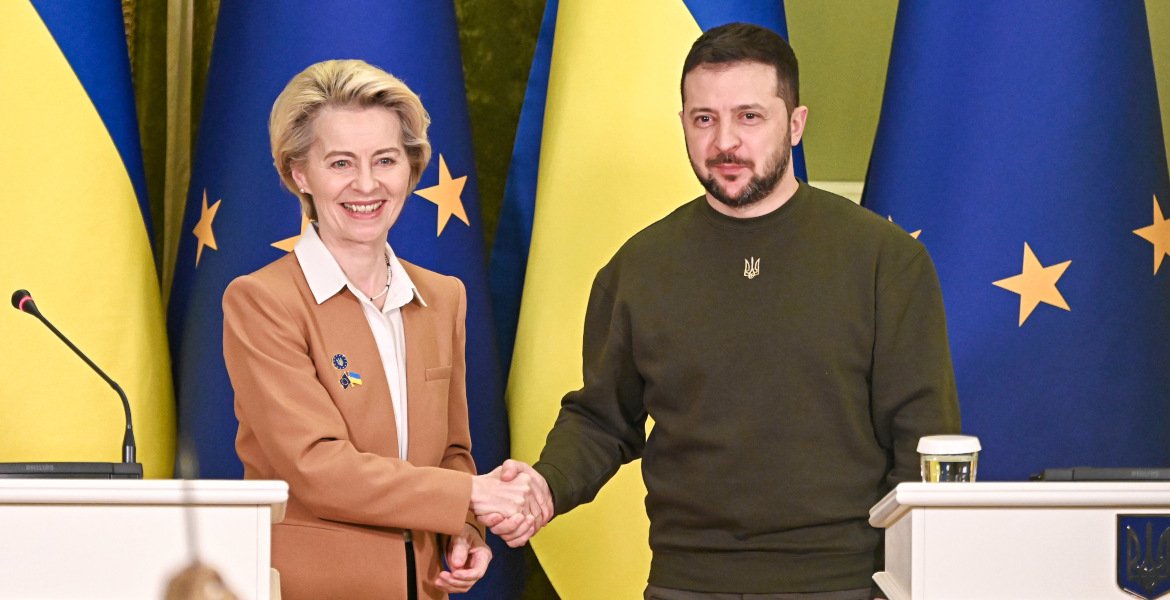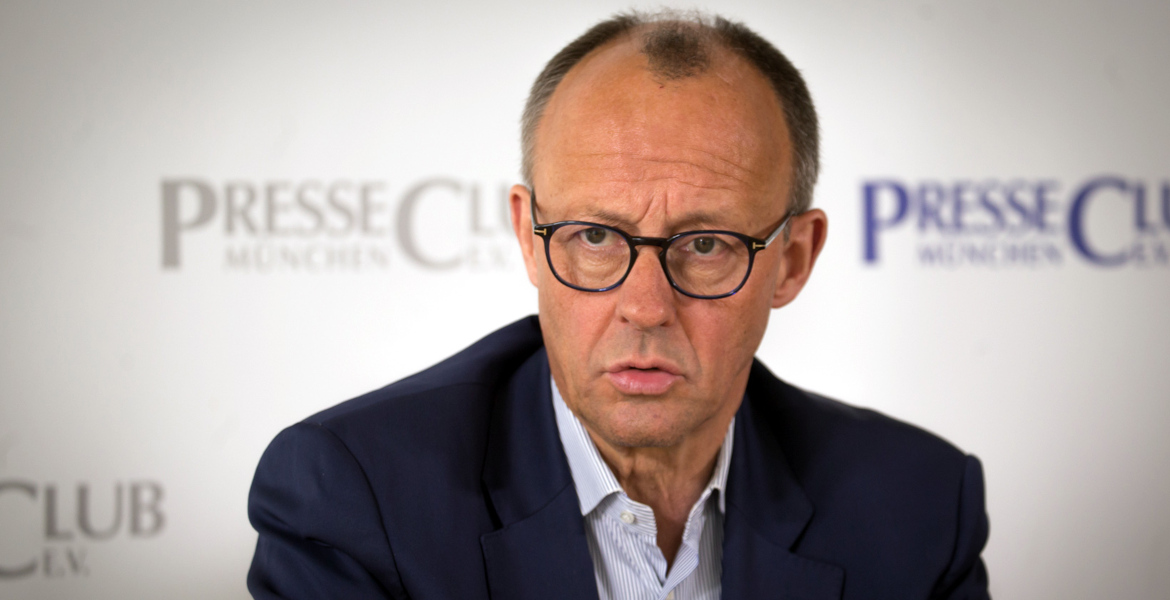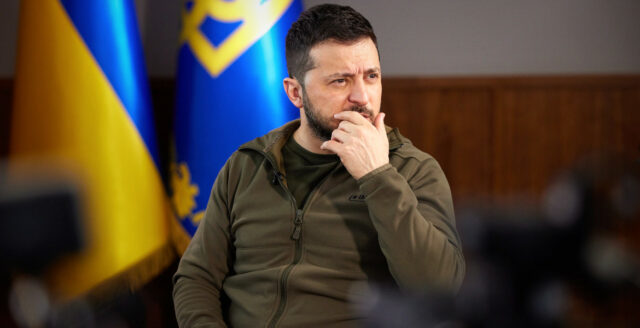More and more Ukrainian soldiers are deserting or avoiding conscription to escape the protracted war with Russia. According to data from the Ukrainian Prosecutor General's Office, more cases of desertion have been reported in 2024 than in the previous two years of war.
The lack of rotation and the absence of reinforcements are said to be key factors behind the trend.
Ukrainian President Volodymyr Zelenskyj recently admitted in an interview with Ukrainian Telemarathon, a televised fundraising event that runs for many hours a day and aims to raise money for a charitable, political or other cause, that the number of deserters in Ukraine's military increased sharply in 2024.
In particular, the number of desertions escalated during the spring and summer.
– AWOL cases increased in 2024, but since September or October it has decreased. A long war is a long war. Our people are persevering, and people are getting tired. They are getting tired everywhere, Zelenskyj admitted during the call.
NATO-trained French brigade hit hard
According to Newsweek magazine, Ukrainian authorities have launched more than 100,000 prosecutions of desertion since the war began in February 2022. In 2024, more than 60,000 cases have reportedly been registered up to October.
In several registered cases, soldiers are leaving their positions without permission, for reasons such as lack of rotation and an increasingly tense war situation. Factors that have made desertion the only option for many, reports the Financial Times.
Ukraine has recently launched a review of the French-trained 155th "Anne of Kyiv" Brigade, following allegations of desertion, mismanagement and poor leadership.
Reports suggest that more than 1 700 soldiers have deserted from the brigade, leading to organizational chaos and raising questions about military governance in the region.
At the same time, at least 50 soldiers are reported to have already escaped during training in France. An investigation is now underway to clarify the extent and causes of the problems.
Ukraine probes French-trained 155th "Anne of Kyiv" Brigade for alleged desertion, mismanagement, and poor command. Claims of 1,700+ AWOL soldiers and organizational chaos raise questions about military leadership. Investigation ongoing.#France #BrusselsMorning #WarInUkraine pic.twitter.com/KUDxtpylU8
— Brussels Morning Newspaper (@BrusselsMorning) January 4, 2025
Reinforcements are delayed
The Ukrainian government has tried to counter the problem by decriminalizing first-time desertions, provided that soldiers return to duty before 1 January 2025. At the same time, the age of mobilization has been lowered to 25 and penalties for avoiding conscription have been increased.
Despite this, there are widespread reports of problems in attracting new recruits. Video clips on social media show military personnel conducting drafts at bus stops, storming workplaces and knocking on doors in residential areas - further reinforcing resistance to mobilization.
Zelensky says the lack of reserves is a contributing factor to Russia's advance.
– There are not many reserves. Why? Because not everything arrived to supply the reserves.
According to Dmytro Lytvyn, Ukraine's presidential office and communications adviser, delays in the delivery of weapons and equipment have further complicated the situation.
– We cannot compensate for our partners' delays in decision-making and supply chains with the lives of our soldiers and of the youngest of our guys, an unnamed source in the Ukrainian presidential office told Reuters.
Video shows forced mobilization & women trying to stop it in my native Lutsk in Western Ukraine. 3 mobilized men from my neighborhood were killed & 4 are missing in Russia-Ukraine war. Cities, towns & villages there are nearly empty of men because they are snatched, in hiding or… pic.twitter.com/1VU73H2VrT
— Ivan Katchanovski (@I_Katchanovski) January 4, 2025
Far-reaching consequences
According to the Associated Press, desertion was one of the main reasons for the fall of the Ukrainian fortress of Vuhledar in October.
– It is clear that now, frankly speaking, we have already squeezed the maximum out of our people, commented what is said to be an anonymous officer of Ukraine's 72nd brigade.
In 2024, Russia has made significant advances in eastern Ukraine, including the capture of Avdiivka – a city of great strategic importance that has long served as a line of defense for Ukrainian forces.
Meanwhile, Russian forces are now threatening Pokrovsk, a key logistical hub for transportation and military supplies.
As both sides struggle to fill their ranks, the US has called on Ukraine to further lower the age of mobilization to 18, a proposal that has faced strong criticism.

Uncertain future
It remains to be seen how political developments in the outside world will affect the situation in Ukraine. Especially given US President-elect Donald Trump's promises to change US policy on Ukraine.
Trump has stated, among other things, that he plans to reduce military aid to Ukraine and "end the conflict in one day", a statement that has raised questions about the future of US engagement in the region.

